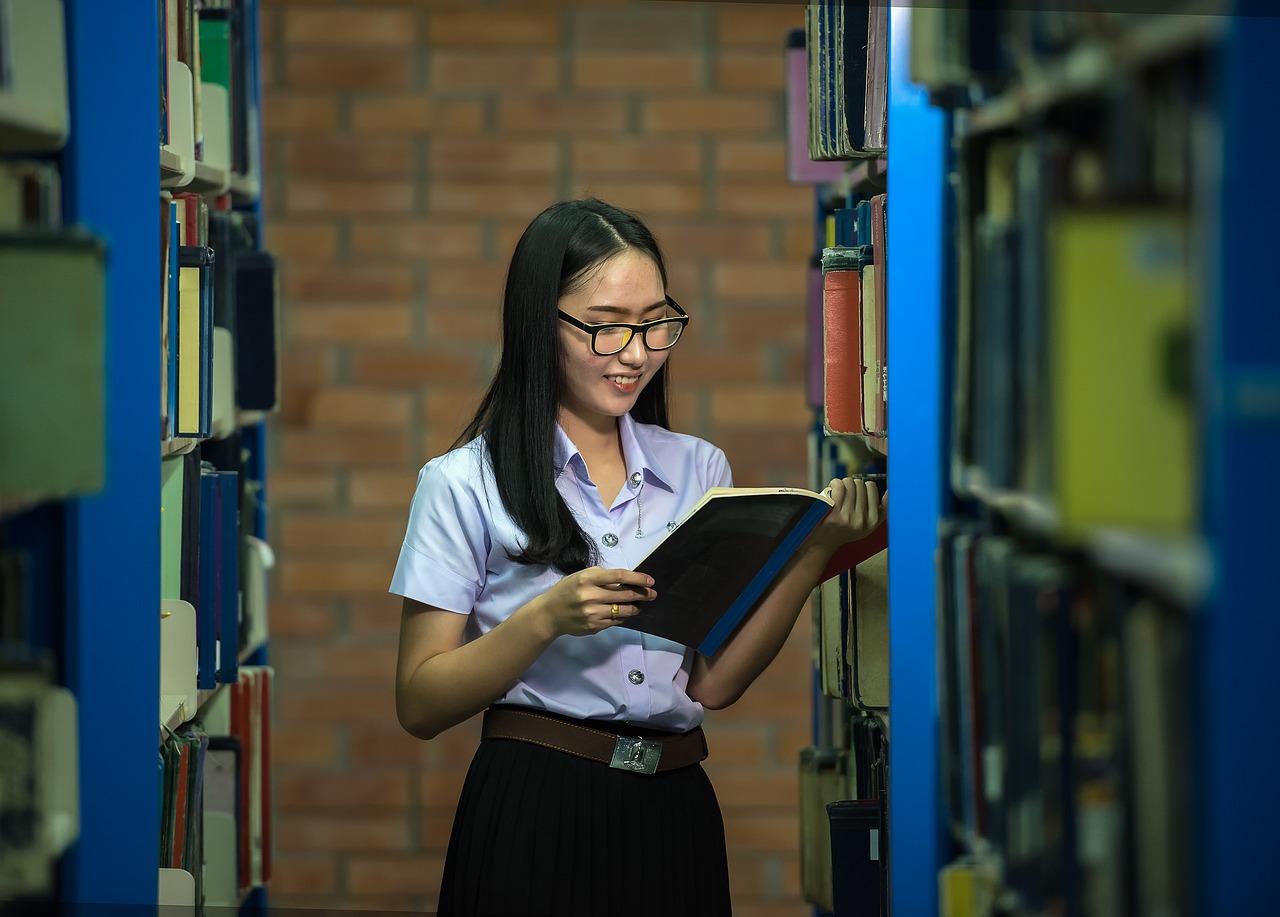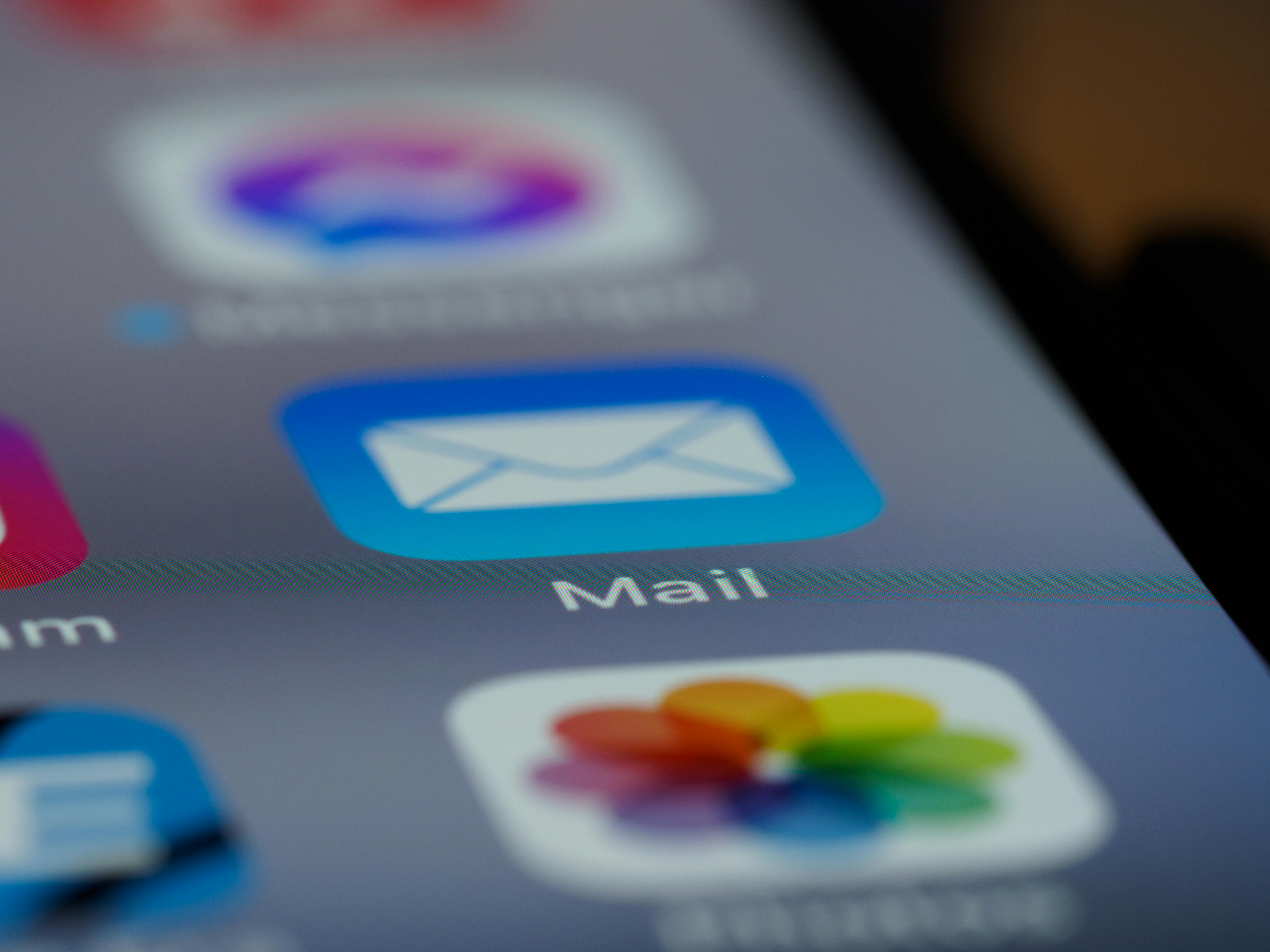Collaborating with School Librarians and Media Specialists on Lessons
Educators need to work together to support instruction and enhance the overall learning experience and collaborative spirit within K-12 schools

Tools and ideas to transform education. Sign up below.
You are now subscribed
Your newsletter sign-up was successful
Teachers in elementary, middle, and high school grade bands can co-create lessons and projects with their school librarian and media specialist while maximizing technology-rich media and information literacy resources.
One reason why co-teaching works well is because each educator brings their strengths to the lesson. Similarly, when teachers connect, collaborate, and co-create learning activities with librarians and media specialists, deeper learning can happen. And, interdisciplinary content can be worked into more traditional assignments, which can be exciting for students and teachers.
More and more librarians are serving in roles as media specialists, and physical library spaces in schools are transforming into tech centers and makerspaces. In some schools, there are no longer physical library spaces, and librarians and media specialists come to the classrooms for library and information literacy instruction.
To guide this work, the American Association of School Librarians (AASL) provides national school library standards on how to inquire, include, collaborate, curate, and explore as a crosswalk with Future Ready Librarians.
These learning activity ideas align with the “Collaborate” stream focused on educators working together on shared learning goals with students.
Collaborating with School Librarians: Elementary School Lesson
When working with younger students, collaborative efforts work best when families and even the surrounding community are involved. Moreover, using scaffolding techniques, and breaking down content for students, is developmentally appropriate.
An elementary information literacy learning activity can focus on choosing a topic of interest, and using safe and trustworthy sources to search for information about it. The librarian or media specialist’s role can be to prepare mini lessons using Flip on information gathering from trusted and credible sources. Then, in the classroom, the teacher can have students search for information based on the topic being focused on in the class.
Tools and ideas to transform education. Sign up below.
For example, in social studies, the students can search for information about the city they live or have visited, or in English language arts, students can gather information on famous poets. The teacher and librarian or media specialist can co-create a template for students to use at home when they are researching information with their families. Families without technology access at home can be encouraged to use the local library.
Middle School Lesson
At the middle school age, students are now switching classes, becoming more independent and responsible for their learning, and consuming technology and social media both during and outside of the school day. All of these things make understanding data privacy and responsible digital engagement imperative.
The librarian or media specialist’s role can be to discuss with students issues of data privacy and how to properly communicate online, using an interactive slide deck through Slido. This discussion can pair seamlessly with a history teacher’s lesson on the Bill of Rights, its interpretations of it, and how this can impact engagement in public online spaces. With the support of both the teacher and librarian or media specialist, students can record a VoiceThread to share their position on the topic and summarize their learning.
High School Lesson
In preparation for career and college, students at the high school level are refining their information literacy skills to conduct research and craft research papers that are supported by cited scholarly sources.
Librarians and media specialists can explain the different types of scholarly sources using a screencast, walking students through the different educational research databases. An English teacher can support students with how to provide in-text and reference page citations following APA or MLA. For coherence and continuity between the library and classroom instruction, students can be encouraged to use a Wakelet to curate all of the information gathered.
The ways that teachers, librarians, and media specialists can work in concert to support students by co-creating engaging learning experiences is endless, and leveraging technology to strengthen information literacy skills across elementary, middle, and high school is a critical part of that effort.
Dr. Stephanie Smith Budhai is faculty member in the College of Education and Human Development at the University of Delaware, focusing on Educational Technology, Learning Design, and Justice-centered Pedagogies. She holds two national education technology leadership positions on the Information Technology Council and as Chair of the Culture and Climate Committee for the Society for Information Technology and Teacher Education (SITE). She holds a Ph.D. in Learning Technologies, and a M.S. in Information with a specialization in Library and Information Science, and K-12 teaching certifications in Technology Education, Instructional Technology and Business, Computers, Information Technology, Special Education and Elementary Education. Dr. Smith Budhai is the 2021 SITE Emerging Leader and the 2017 ISTE Awardee for Excellence in Teacher Education. She is also a Nearpod, and VoiceThread Certified Educator. Dr. Smith Budhai has more than a decade of online teaching experience, and has published myriad books (two have been translated into Arabic), articles, and invited editorials surrounding the use of technology and online learning in education. A few of her book publications include:
- Critical AI in K-12 Classrooms: A Practical Guide for Cultivating Justice and Joy
- Best Practices in Engaging Online Learners through Active and Experiential Learning Strategies
- Leveraging Digital Tools to Assess Student Learning
- Nurturing Young Innovators: Cultivating Creativity in the Classroom, Home and Community
- Increasing Engagement in Online Learning: Quick Reference Guide
